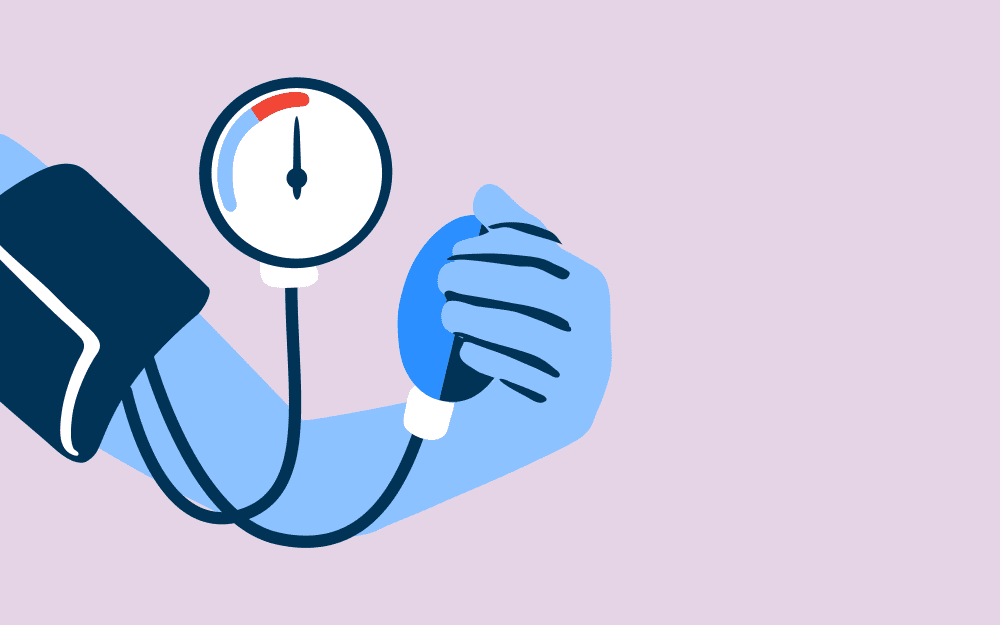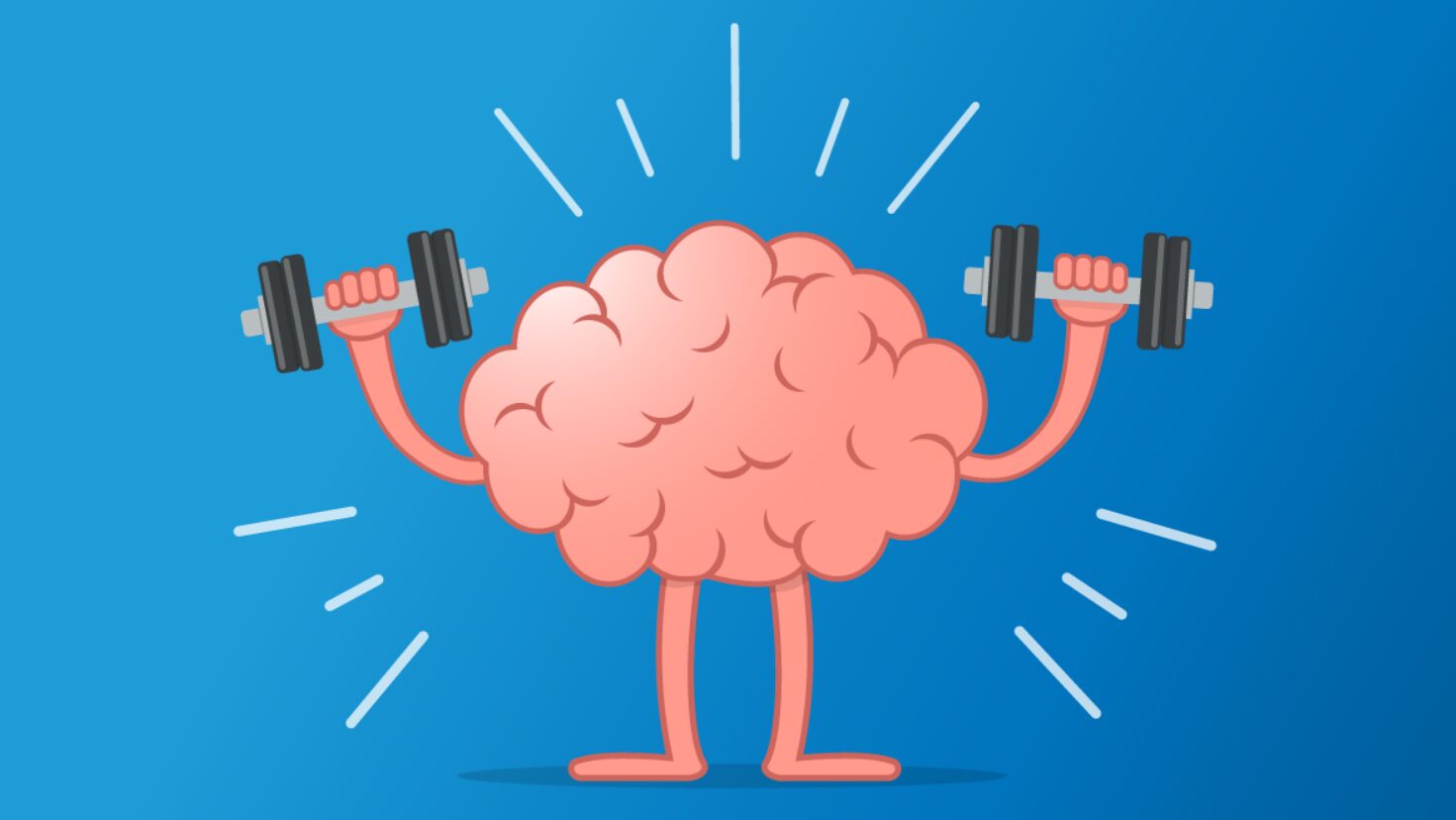Type 2 Diabetes Prevention
Type 2 diabetes is a growing global health concern, affecting millions of people worldwide. While this condition can have serious consequences if left untreated, it’s also one of the most preventable chronic diseases. In this article, we’ll explore the causes of type 2 diabetes, how you can take steps to prevent it, and the most effective treatment options available today.
1. What Causes Type 2 Diabetes?
Type 2 diabetes occurs when the body becomes resistant to insulin, a hormone that regulates blood sugar levels. Over time, the pancreas cannot produce enough insulin to keep blood glucose levels in check. The following factors increase the risk of developing type 2 diabetes:
- Obesity and Lack of Physical Activity: Being overweight, especially around the abdomen, increases insulin resistance. A sedentary lifestyle also contributes to weight gain and poor blood sugar regulation.
- Poor Diet: Diets high in processed foods, refined sugars, and unhealthy fats are linked to an increased risk of type 2 diabetes. These foods cause spikes in blood sugar and insulin levels.
- Genetic Factors: A family history of diabetes increases your risk, as does having certain ethnic backgrounds (e.g., African American, Hispanic, Asian, Native American).
2. How to Prevent Type 2 Diabetes
Fortunately, type 2 diabetes is highly preventable through lifestyle changes. Here are some of the most effective ways to reduce your risk:
- Maintain a Healthy Weight: Even a small amount of weight loss (5-10% of your body weight) can significantly reduce your risk of developing diabetes.
- Adopt a Balanced Diet: Focus on eating whole grains, lean proteins, and plenty of fruits and vegetables. Limiting refined sugars and processed foods can help stabilize blood sugar levels.
- Stay Physically Active: Regular exercise, such as walking, swimming, or strength training, improves insulin sensitivity and helps control blood sugar.
- Regular Health Checkups: Routine blood sugar tests and consultations with your healthcare provider can catch early signs of prediabetes, allowing for timely intervention.
3. Medical Treatments for Type 2 Diabetes
If you’ve been diagnosed with type 2 diabetes, there are several treatment options to help manage your condition. The goal of treatment is to maintain healthy blood sugar levels and prevent complications. Here are some of the most common medical interventions:
- Medications: Oral medications such as metformin help lower blood sugar by improving insulin sensitivity. In some cases, injectable medications like GLP-1 receptor agonists or insulin therapy may be required.
- Insulin Therapy: While insulin is more commonly used in type 1 diabetes, some people with type 2 diabetes may need insulin injections if other treatments aren’t effective.
- SGLT2 Inhibitors: These medications help remove excess glucose from the body through urine and are becoming increasingly popular in managing type 2 diabetes.
- Bariatric Surgery: For those with obesity, bariatric surgery has been shown to significantly improve blood sugar control and, in some cases, lead to remission of diabetes.
4. Lifestyle Management for Long-Term Success
In addition to medical treatments, lifestyle management plays a crucial role in the long-term control of type 2 diabetes. Here are some tips to help manage the condition:
- Monitor Blood Sugar Levels: Regularly checking your blood sugar allows you to track how well your treatment is working and make necessary adjustments to your diet and medications.
- Stick to a Meal Plan: Work with a nutritionist to develop a meal plan that supports your diabetes management goals. Consistency with meals can help regulate blood sugar throughout the day.
- Exercise Regularly: Physical activity improves insulin sensitivity and can reduce the amount of medication you need. Aim for at least 150 minutes of moderate exercise per week.
- Manage Stress: Chronic stress can raise blood sugar levels, making diabetes harder to control. Incorporate stress-reducing activities like yoga, meditation, or deep breathing into your daily routine.
5. Potential Complications of Untreated Type 2 Diabetes
Without proper treatment, type 2 diabetes can lead to serious health complications, including:
- Cardiovascular Disease: Diabetes increases the risk of heart attack, stroke, and high blood pressure.
- Nerve Damage (Neuropathy): High blood sugar levels can damage nerves, leading to pain, numbness, or tingling, especially in the hands and feet.
- Kidney Damage (Nephropathy): Diabetes can affect the kidneys, potentially leading to kidney failure if left unmanaged.
- Eye Damage (Retinopathy): Diabetic retinopathy can cause vision problems or even blindness if not treated early.
Conclusion
While type 2 diabetes is a serious condition, it’s both preventable and manageable with the right lifestyle choices and medical treatments. By maintaining a healthy diet, staying active, and working closely with your healthcare provider, you can reduce your risk or manage diabetes effectively. If you’ve been diagnosed, early treatment is essential to prevent complications and live a healthy, active life.








Leave a Reply